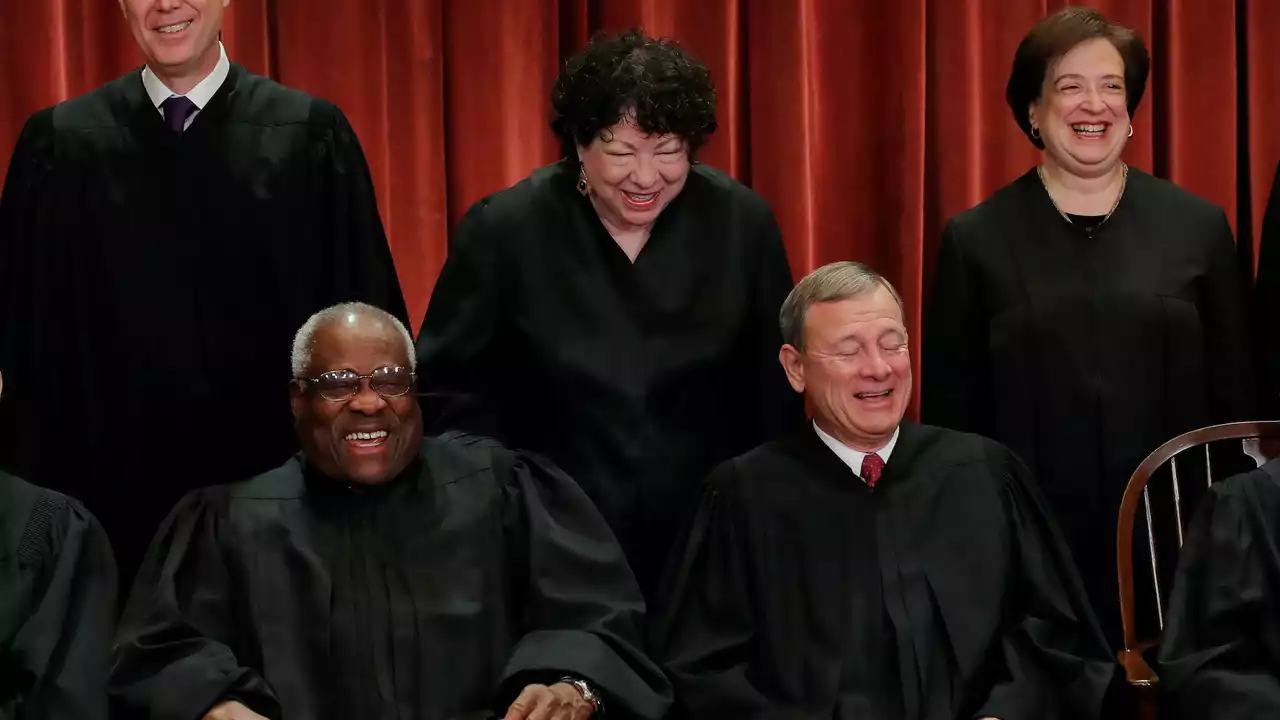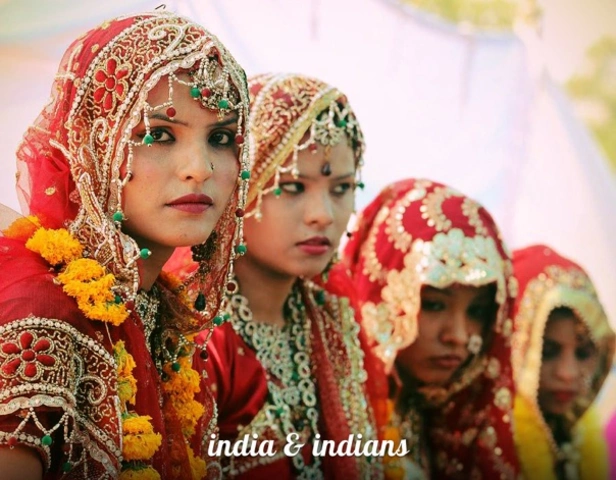Introduction to the Indian Supreme Court
The Supreme Court of India is the highest judicial body in the nation and the final court of appeal under the Indian Constitution. It consists of the Chief Justice of India and a maximum of thirty-four associate justices. Over the years, the Supreme Court has seen several judges who have left a significant impact on the Indian judicial system. In this article, we will discuss who is/was the best Supreme Court judge in India and why.
Understanding the Role of a Supreme Court Judge
Before delving into who is/was the best judge, it's crucial to understand the role of a Supreme Court judge. A Supreme Court judge in India is responsible for hearing and deciding cases of national importance. They interpret the constitution, protect the rights of citizens, and maintain the rule of law. The Supreme Court judge has the power to check the constitutionality of laws passed by the Parliament and the actions of the executive branch. The judge's role is integral in maintaining the balance of power in the country.
Criteria for Ranking Supreme Court Judges
Deciding who is/was the best Supreme Court judge in India isn't an easy task. Different criteria can be used to rank the judges, including their legal acumen, the impact of their judgments, their commitment to upholding the Constitution, and their dedication to protecting individual rights. Their ability to maintain judicial independence in the face of pressure is also a critical factor in evaluating their performance.
Justice H.R. Khanna: The Judge Who Stood for Democracy
Justice H.R. Khanna is widely regarded as one of the best Supreme Court judges in India. He served the court from 1971 to 1977. Justice Khanna is best remembered for his dissenting opinion in the infamous ADM Jabalpur case during the Emergency in India. Despite immense pressure, he chose to uphold the rule of law and the rights of individuals, even when all other judges on the bench ruled in favor of the government. This act of courage and integrity cost him the position of the Chief Justice of India, but it cemented his place in history as a champion of democracy.
Justice V.R. Krishna Iyer: The People’s Judge
Justice V.R. Krishna Iyer is another judge who left an indelible mark on the Indian Supreme Court. He served from 1973 to 1980. Known as the "people’s judge," Justice Iyer was renowned for his compassionate and humanistic approach to justice. He was instrumental in shaping public interest litigation in India. His judgments were rooted in social justice, and he worked tirelessly to make justice accessible to the common man. His profound impact on Indian jurisprudence makes him one of the best Supreme Court judges India has seen.
Justice J.S. Verma: The Advocate for Women’s Rights
Justice J.S. Verma, who served the Supreme Court of India from 1991 to 1998, is another judge who made a significant impact. He is best known for his rulings on women's rights and his commitment to social justice. Under his chairmanship, the Verma Committee was set up in the aftermath of the infamous Delhi gang rape case in 2012. The committee's recommendations led to significant changes in India's laws on sexual assault, making Justice Verma a significant figure in Indian judicial history.
Conclusion: The Legacy of Supreme Court Judges
The Supreme Court judges, with their wisdom and dedication, have shaped the Indian judicial system. They've played a crucial role in upholding the Constitution, protecting individual rights, and maintaining the rule of law. While it's challenging to single out one judge as the best, justices like H.R. Khanna, V.R. Krishna Iyer, and J.S. Verma have left an indelible mark on Indian jurisprudence. Their legacy continues to inspire and guide the Indian judiciary.





Write a comment